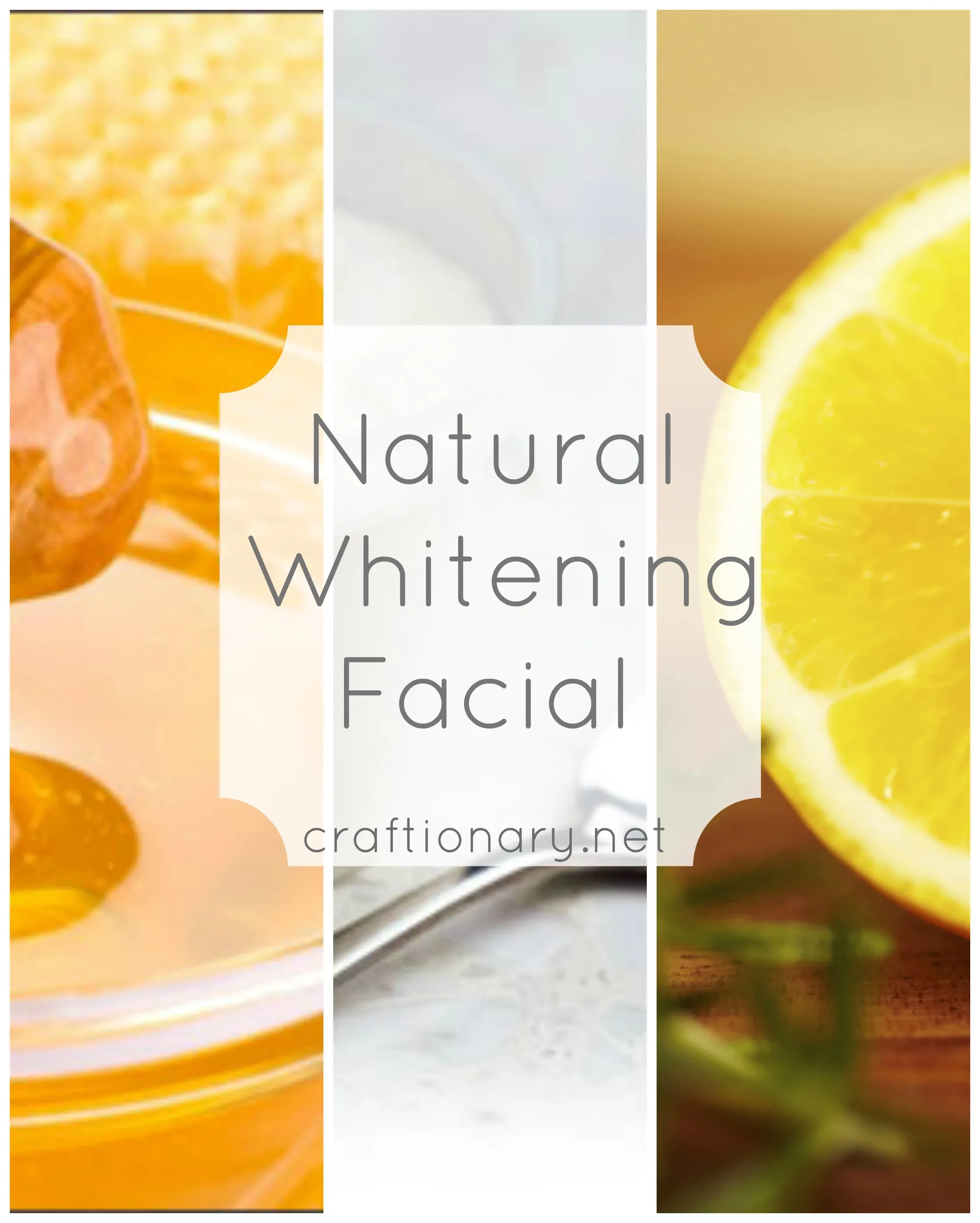What Causes Gray Hair
Gray hair is a natural part of aging, but it can be influenced by various factors. The primary cause is the reduction of melanin production in hair follicles. Melanin is the pigment responsible for giving hair its color. As we age, the melanocytes, the cells that produce melanin, gradually become less efficient or die off. This leads to a decrease in melanin and, consequently, the appearance of gray or white hair. Genetics play a significant role as well, determining when and how quickly a person’s hair will turn gray. Other factors include oxidative stress, which can damage hair follicles and accelerate the graying process. Certain medical conditions and deficiencies in vitamins like B12 and D can also contribute to premature graying. Understanding these causes is crucial to exploring effective ways to naturally whiten hair and potentially slow down the process.
Understanding Hair Pigmentation
Hair pigmentation is a complex process involving melanin, a pigment produced by melanocytes located in the hair follicle. There are two main types of melanin that determine hair color: eumelanin and pheomelanin. Eumelanin produces black and brown pigments, while pheomelanin produces red and yellow pigments. The combination and ratio of these melanins determine the natural hair color. As hair grows, the melanocytes deposit melanin into the hair shaft, providing color. The amount and type of melanin vary from person to person, leading to a wide range of hair colors. Factors like genetics and age affect the amount of melanin produced, influencing hair color over time. As melanin production decreases, hair loses its color and becomes gray or white. This understanding helps explain the various methods to naturally whiten hair by targeting the underlying mechanisms of pigmentation.
The Role of Melanin
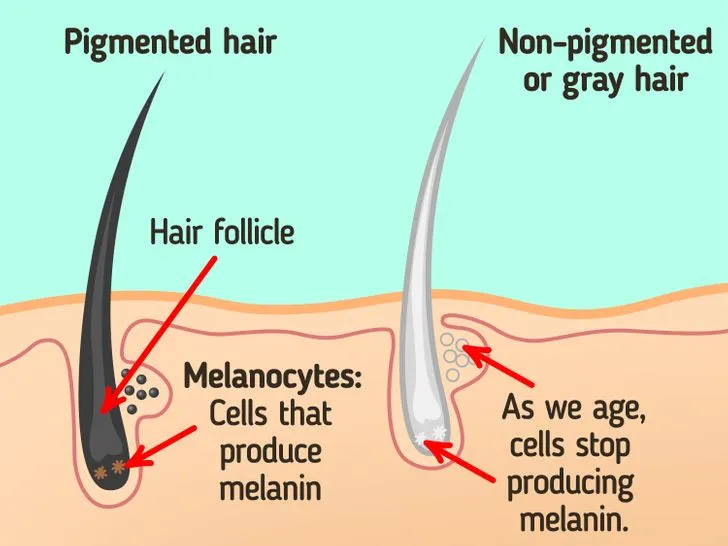
Melanin is a critical component in determining hair color and plays a vital role in protecting hair from the sun’s harmful ultraviolet (UV) rays. It acts as a natural sunscreen, absorbing UV radiation and preventing damage to the hair shaft. There are two primary types of melanin: eumelanin, which provides black and brown hues, and pheomelanin, which contributes to red and yellow colors. The concentration and ratio of these pigments create a diverse range of hair colors. As we age, melanin production decreases, causing the hair to lose color and turn gray or white. This process isn’t just about aesthetics, as melanin also helps maintain the hair’s structural integrity. Natural methods for whitening hair often aim to address the factors that affect melanin production and hair health. Understanding the role of melanin provides a scientific basis for strategies to restore or maintain natural hair color.
How to Naturally Whiten Hair
Naturally whitening hair involves using gentle, often readily available ingredients to lighten the hair and restore a more vibrant appearance. These methods focus on reducing the appearance of gray hairs and enhancing the overall health of the hair. Several natural remedies, such as lemon juice and apple cider vinegar, are frequently used. Lemon juice, with its natural bleaching properties, helps lighten hair when exposed to sunlight. Apple cider vinegar helps to balance the pH of the hair, promoting shine and potentially reducing the appearance of grayness. Additionally, herbal remedies like rosemary and sage can be incorporated to darken and restore hair color. Complementing these treatments with dietary changes and lifestyle adjustments can further support hair health. These methods offer a holistic approach, promoting a healthier, more natural way to whiten hair without harsh chemicals.
Lemon Juice for Hair Whitening
Lemon juice is a popular and effective natural remedy for lightening hair due to its citric acid content, which acts as a natural bleaching agent. The acidity of lemon juice helps to lift color from the hair shaft, making it appear lighter over time. This method is especially effective on hair that is already light or has some graying. When applied to the hair, lemon juice can gradually reduce the appearance of gray hairs, giving the hair a more uniform and vibrant color. However, it’s important to use it carefully, as over-application can lead to dryness. Always dilute the lemon juice with water and follow up with a moisturizing conditioner to maintain hair health and prevent damage. Using lemon juice regularly, combined with proper care, can be a natural way to achieve subtle lightening and reduce grayness.
Applying Lemon Juice
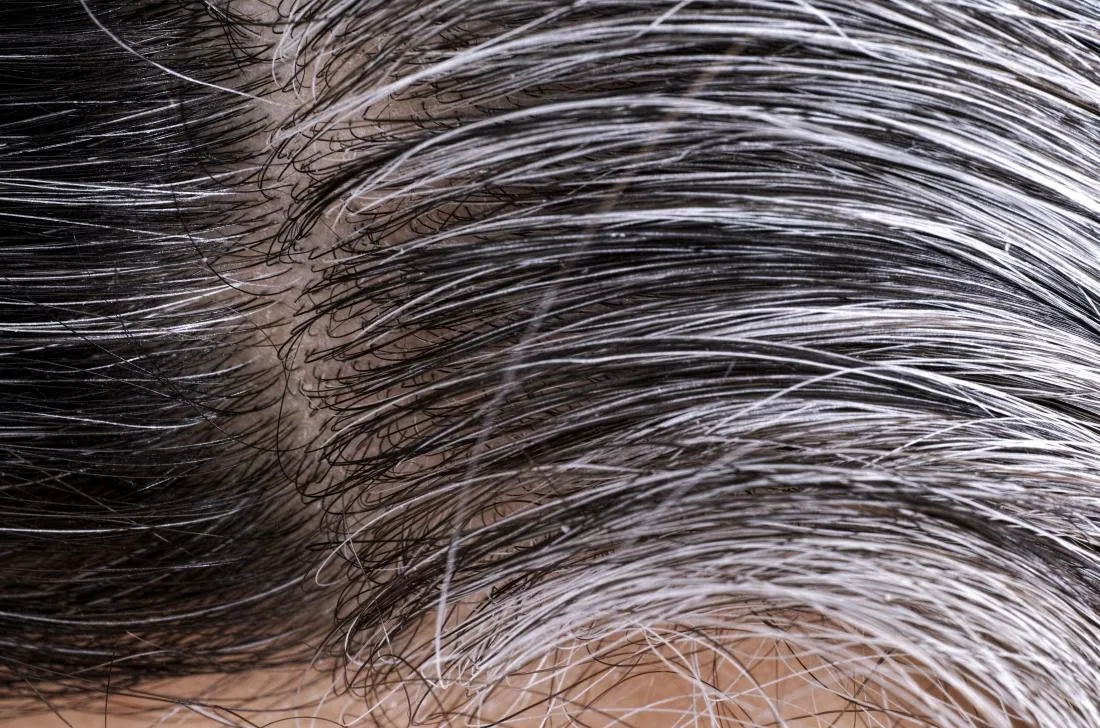
The application of lemon juice for hair whitening is a straightforward process that can be easily incorporated into your hair care routine. Start by diluting fresh lemon juice with water; a ratio of one part lemon juice to one part water is typically recommended. Apply the mixture evenly to clean, dry hair, focusing on the areas where you want to lighten the hair or reduce the appearance of grayness. You can use a spray bottle for easy application or apply the mixture with a cotton ball or your hands. After applying the lemon juice, comb your hair to distribute the mixture evenly. The key is consistent application and allowing the sun to do its work. Regular use, combined with proper hair care, will help lighten the hair. Always follow up with a moisturizing conditioner to prevent dryness.
Sun Exposure and Lemon Juice
Sun exposure is a crucial element when using lemon juice to whiten hair naturally. The ultraviolet (UV) rays from the sun activate the citric acid in lemon juice, accelerating the lightening process. After applying the lemon juice mixture, it’s essential to spend time outdoors in the sunlight. The duration of sun exposure depends on your hair type, the desired outcome, and the intensity of the sun. Start with shorter exposure times and gradually increase as needed, monitoring your hair for any signs of dryness. The sun’s rays help to lift the color from the hair shaft, making it appear lighter. While sun exposure enhances the effectiveness of lemon juice, it is essential to protect your hair from excessive sun damage. Using a leave-in conditioner or applying a hair mask after sun exposure will help keep your hair moisturized and healthy.
Apple Cider Vinegar for Hair Whitening
Apple cider vinegar (ACV) is a versatile natural remedy that offers benefits for hair whitening by helping to balance the pH of the scalp and hair. ACV can remove product buildup, which may sometimes contribute to dull or lackluster hair, making it appear less vibrant. Additionally, ACV’s properties can potentially reduce the appearance of grayness and promote overall hair health. While ACV doesn’t directly lighten the hair like lemon juice, its cleansing and balancing effects can contribute to a healthier, more radiant appearance. The use of ACV can improve hair’s shine and manageability, which can help disguise the appearance of gray hairs. It’s a great option for those looking to incorporate a gentle, yet effective, treatment into their hair care routine, promoting healthier and more vibrant hair. Using ACV regularly can enhance the effects of other natural treatments, and improve overall hair health.
ACV Rinse Procedure
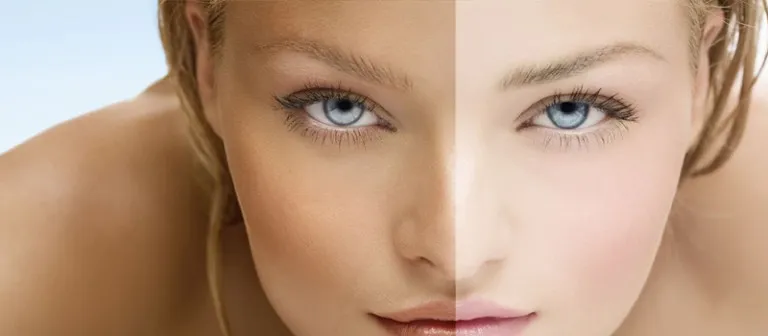
To use apple cider vinegar for hair whitening, you should perform an ACV rinse after shampooing your hair. First, dilute the ACV with water; a common ratio is one to two tablespoons of ACV per cup of water. Mix it well and apply the solution to your hair, ensuring it covers the scalp and hair strands. Gently massage the mixture into your scalp and hair. Leave it on for a few minutes, typically 2-5 minutes, and then rinse thoroughly with cool water. The cool water helps to seal the hair cuticle, locking in moisture and enhancing shine. This process helps to remove product buildup and balance the pH levels of the scalp and hair. Using ACV regularly can improve hair health, making it appear more vibrant and less dull. It can also minimize the appearance of gray hairs. For enhanced results, incorporate ACV into your routine 1-2 times a week.
Benefits of ACV
Apple cider vinegar offers several benefits for hair health, aiding in naturally whitening hair and improving overall appearance. ACV effectively cleanses the scalp, removing product buildup, excess oil, and impurities, which can sometimes dull the hair and enhance the appearance of gray hairs. This cleansing action helps to improve the hair’s natural shine and manageability. ACV helps to balance the scalp’s pH, which can lead to stronger, healthier hair. It also contains essential vitamins and minerals that can nourish the hair follicles. Regular use of ACV can reduce frizz, making the hair smoother and more manageable. The antioxidants and vitamins in ACV can help protect hair from damage and environmental stressors. The gentle effects of ACV make it a good choice for those wanting to lighten their hair without harsh chemicals. This promotes shinier, healthier hair, reducing the appearance of grayness.
Herbal Remedies for Whitening Hair
Herbal remedies are a gentle and natural way to help manage hair color and potentially reduce the appearance of gray hairs. Many herbs contain properties that can stimulate melanin production, improving hair health and reducing the amount of gray hair. Rosemary and sage are two of the most popular and effective herbs used for hair health. These herbs have been used for centuries to maintain hair color and improve overall hair health. Other herbs like amla (Indian gooseberry) and henna are also beneficial. When using herbal remedies, it’s important to be consistent and patient. They may take longer to show results than other methods, but they are generally safer and offer additional benefits. Incorporating herbs into your hair care routine helps you embrace a more holistic approach, which reduces grayness and promotes overall health.
Rosemary and Sage for Hair
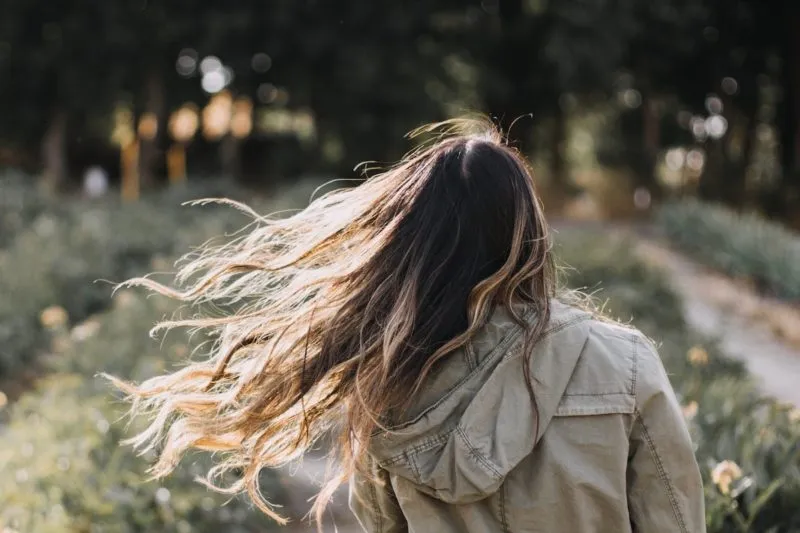
Rosemary and sage are highly valued for their ability to enhance hair health and, potentially, reduce graying. Rosemary has stimulating properties that can improve blood circulation in the scalp, promoting hair growth and health. It is also known for its antioxidant effects, protecting hair from damage. Sage contains compounds that can darken hair and reduce the appearance of gray strands. It naturally enhances hair color and adds luster. These herbs offer multiple benefits, strengthening hair follicles and contributing to overall hair health. Their properties make them an effective and natural approach to hair care, particularly when dealing with graying hair. Using rosemary and sage together can give you the combined benefits, leading to shinier, more vibrant hair.
Using Rosemary and Sage
Using rosemary and sage for hair care involves a few simple steps to maximize their benefits. Prepare an infusion or rinse by steeping dried rosemary and sage leaves in hot water. Let it steep for several hours or overnight to extract the active compounds. After shampooing your hair, pour the cooled infusion over your hair, ensuring it covers the scalp and all hair strands. Gently massage the solution into your scalp for a few minutes, which helps with the absorption of the herbs. You can leave the rinse on your hair or rinse it out after 15-20 minutes, depending on your preference. Use this rosemary and sage rinse regularly, ideally once or twice a week, to see results. Consistent use can lead to improvements in hair color and overall hair health, naturally reducing the appearance of grayness and increasing shine and vitality.
Dietary Changes for Hair Health
Dietary changes play a crucial role in maintaining and improving hair health, and potentially reducing the appearance of gray hair. The foods you eat directly impact your hair’s health, providing the necessary nutrients for strong, vibrant hair. A balanced diet rich in vitamins, minerals, and antioxidants can support hair growth and potentially help in restoring hair color. Certain deficiencies, such as those in Vitamin B12, Vitamin D, and iron, are linked to premature graying. Addressing these deficiencies through diet or supplementation can significantly impact hair health. Focusing on a diet rich in fruits, vegetables, lean proteins, and healthy fats can provide the necessary nutrients, support hair health, and manage premature graying. Dietary changes are a fundamental part of an effective hair care strategy that promotes overall well-being.
Nutrients for Hair Whitening
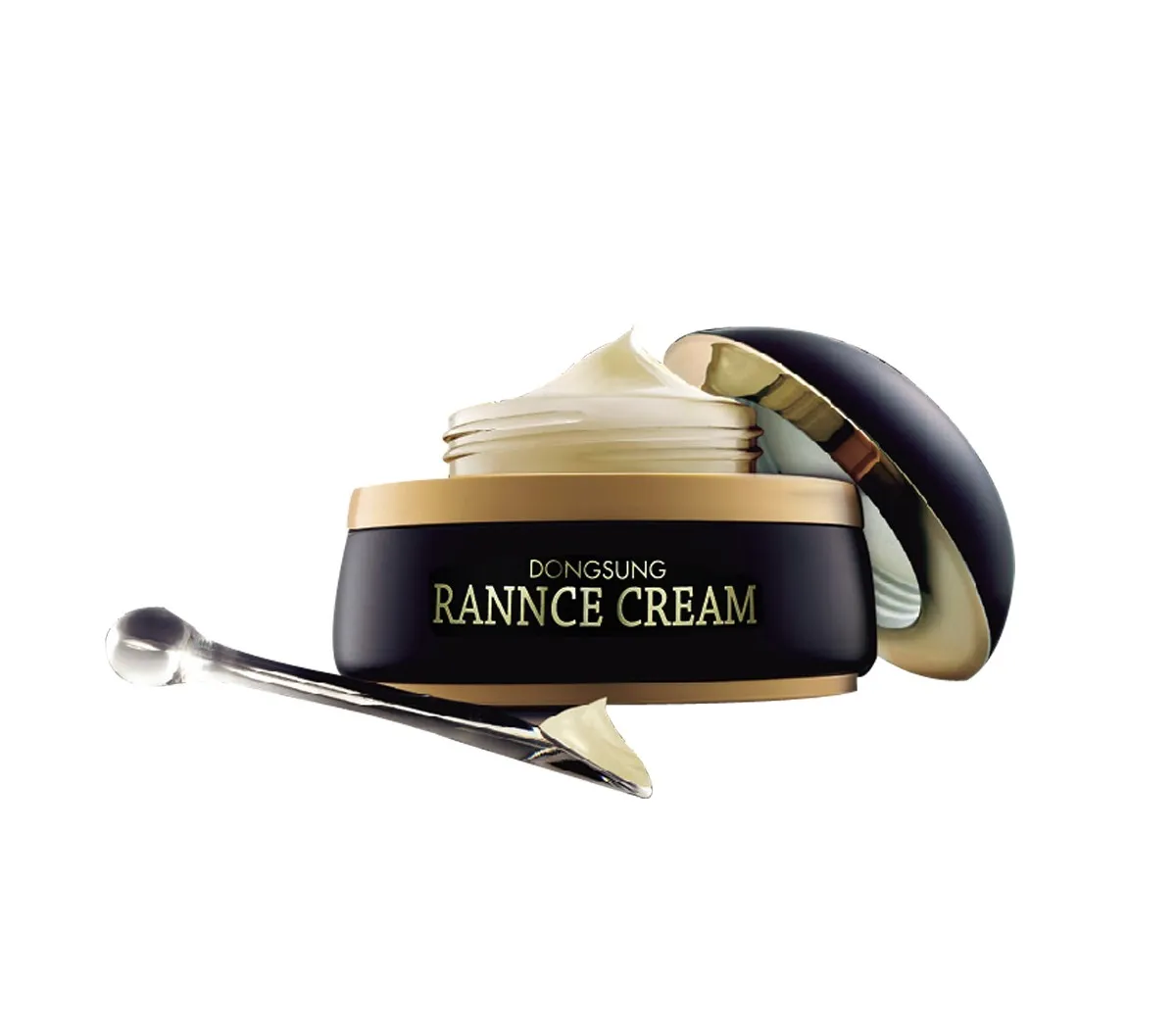
Several nutrients are essential for maintaining healthy hair and potentially reducing the appearance of graying. Vitamin B12 plays a critical role in red blood cell formation, which carries oxygen to hair follicles. Iron deficiency is linked to hair loss and premature graying, so consuming iron-rich foods is essential. Vitamin D is also important, with studies showing a correlation between low vitamin D levels and gray hair. Antioxidants, such as vitamin C and vitamin E, help protect hair follicles from oxidative stress. Zinc and copper play a role in melanin production. Including these nutrients in your diet can help to support hair health, promote healthy hair growth, and potentially reduce the appearance of grayness. Focus on incorporating nutrient-dense foods to ensure you are getting all the necessary vitamins and minerals.
Foods to Include
Incorporating specific foods into your diet can significantly impact hair health and help in naturally whitening hair. Foods rich in vitamin B12 include meat, eggs, and dairy products. Iron-rich foods, such as spinach, lentils, and lean red meat, are also vital. Vitamin D can be obtained through foods like fatty fish (salmon, mackerel), egg yolks, and fortified foods. Foods rich in antioxidants, such as berries, spinach, and nuts, protect against oxidative stress. Zinc-rich foods, like oysters, pumpkin seeds, and cashews, support hair health. Copper can be found in foods like shellfish, nuts, and seeds. Eating a variety of these nutrient-rich foods helps provide the necessary components for healthy hair. Following a diet rich in these nutrients supports optimal hair health, helping to reduce grayness.
Lifestyle Tips for Healthy Hair
Adopting healthy lifestyle habits is vital for maintaining and improving hair health and, therefore, for naturally whitening hair. The way you live, including your stress levels, exposure to toxins, and hair care practices, has a considerable impact on your hair’s appearance. Stress can contribute to premature graying, while exposure to pollutants and harsh chemicals can damage the hair. Simple lifestyle changes, such as getting enough sleep, managing stress, protecting your hair from sun damage, and eating a healthy diet, can make a noticeable difference. By incorporating these lifestyle tips, you can support hair health from within, contributing to a more vibrant and youthful appearance.
Avoiding Stress
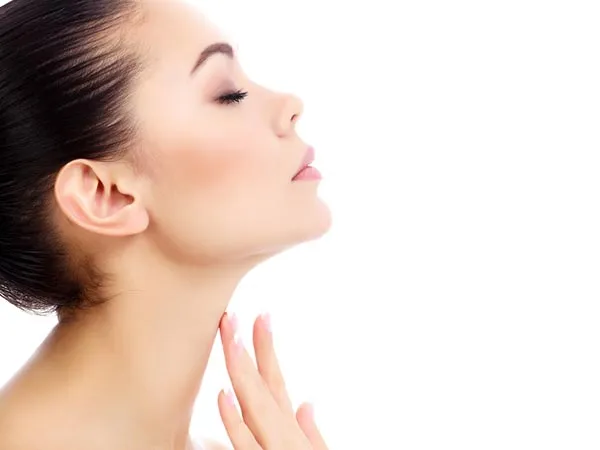
Managing stress is essential for maintaining healthy hair and potentially slowing down the graying process. Chronic stress can disrupt the body’s normal functions, affecting hair growth and the production of melanin, the pigment responsible for hair color. High-stress levels can lead to premature graying and hair loss. Incorporating stress-reduction techniques such as meditation, yoga, and deep breathing exercises can positively impact your hair health. Ensuring you get enough sleep can also help manage stress and promote healthy hair growth. Engaging in activities you enjoy, such as spending time in nature, hobbies, or socializing, can help relieve stress. By reducing stress levels, you support overall health and provide a better environment for healthy hair growth and the natural retention of your hair color.
Protecting Your Hair
Protecting your hair from environmental damage and harmful chemicals is important for maintaining hair health. Exposure to the sun, chlorine in swimming pools, and harsh styling products can damage your hair, leading to dryness, breakage, and a loss of color. When outdoors, use a hat or scarf to protect your hair from direct sunlight and UV rays. Before swimming, wet your hair and apply a leave-in conditioner to prevent chlorine absorption. Minimize the use of heat styling tools, such as hair dryers and curling irons, to avoid heat damage. Choose gentle, sulfate-free shampoos and conditioners that are formulated for your hair type. Regular trims can help remove split ends and maintain healthy hair. These protective measures help to maintain hair health, preventing premature aging and graying. Using these methods, you are also supporting your hair’s natural ability to retain its color.
